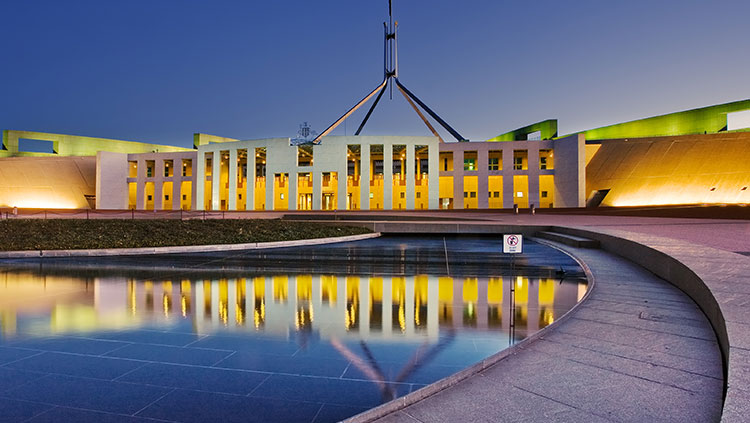Federal Budget 2022-2023: CPA Australia urges targeted support for small businesses
Content Summary
- Budget

This article was current at the time of publication.
The economy may catch “long Covid” unless the government provides support for business in the 2022-23 Australian Federal Budget, according to CPA Australia’s pre-budget submission.
The budget will be delivered earlier than usual on 29 March.
The submission’s key message is that targeted support is the key to helping businesses manage future disruptions.
“It’s increasingly likely that many businesses will experience ongoing disruptions for the whole of 2022 and potentially beyond,” says CPA Australia’s Policy Investment Manager, Gavan Ord.
“Rolling outbreaks, leading to worker shortages, supply chain issues and reduced consumer spending may mean that trading conditions wax and wane all year,” Ord says.
“Accountants are staunch advocates of prudent financial management. Ultimately, the government must balance the cost of providing business support against the benefits and risks of doing nothing. On balance, we think the benefits outweigh the cost.
“The economy faces its own version of “long Covid” if support isn’t available to help businesses manage future outbreaks. The overall success of measures like JobKeeper and Cash Flow Boost in keeping businesses afloat will be undone if we make good businesses go it alone now.
“While we’re not opposed to direct financial support in some circumstances, we think the best approach is to use the budget to better prepare business to manage future crises and position for growth.”
CPA Australia’s top budget recommendations are:
1. Support for digital transformation
“Australian small businesses have one of the lowest levels of digital adoption in the Asia-Pacific, according to our annual Small Business Survey,” the submission says. “As online business grow, so does the risk of being overtaken by global competitors with better technology. Other APAC (Asia-Pacific) governments have implemented ambitious programs to build small business digital capability. We must too.”
2. Increase the skilled labour pool
Skills shortages were an issue in Australia well before the pandemic. Increasing the size of the skilled labour pool is essential to supporting Australian businesses, jobs and our economy. The budget should increase the number of free or highly subsidised training places in areas with the greatest skills needs.
3. Back off on new regulatory requirements
“Governments put a lot of regulatory changes on hold over the past two years,” our submission notes. “Now is not the time to play catch-up with this backlog. Including fewer new regulatory measures in the budget will give businesses the breathing room they need to focus on current challenges.”
4. Access to business advice
Distressed small businesses often struggle to access advice, even though it could mean the difference between survival and collapse. The government should consider providing financial incentives – possibly in the form of a voucher or grant – to help small businesses access advice from their trusted adviser.
5. Economic transformation trumps debt repayment
“Calls to pay down public debt will inevitably grow louder,” the submission acknowledges. “In our view, Australia’s net debt is manageable and low by international standards. With our nation confronting economic issues such as weak productivity, an ageing population and climate change, the government’s long-term fiscal strategy should prioritise economic transformation.”
Discover more
Victoria prematurely begins budget repair with new taxes
Media Release | 20 May 2021
- Budget
Queensland budget strategy sound but still in a COVID straitjacket
Media Release | 15 June 2021
- Budget
Australian Federal Budget 2021-22: An expert analysis
12 May 2021
- Budget
Empty pockets no excuse to show up to budget empty-handed
- Budget
Infrastructure and social investment dominate New Zealand’s 2021-22 budget
Media Release | 20 May 2021
- Budget
Wellbeing, the environment and jobs: Five spoilers for the 2022-23 budget
Published in Smart Company (October 2022)
- Budget

